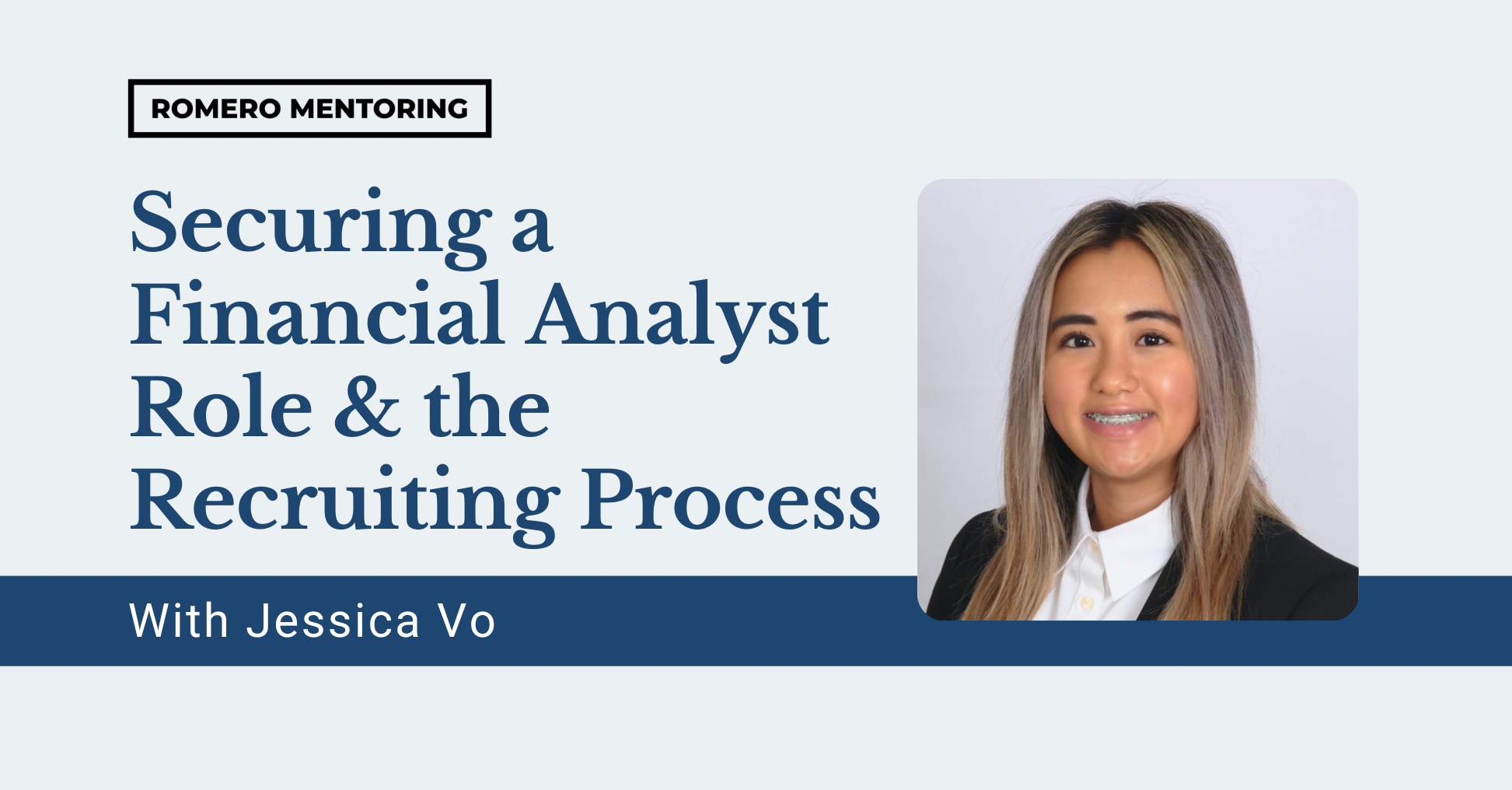You may have heard the phrase, “A dollar today is worth more than a dollar in the future” but what does that really mean? This phrase derives from the time value theory of money. Money is essential for the world of finance.
Finance comprises of multiple facets including banking, credit, debt, financial markets, investing, asset management, and much more.
The world of finance revolves around managing money and how to use that money to fund projects and companies.
This world can be broken down into three main categories: personal finance, corporate finance, and public finance.

Personal Finance
Personal finance involves the financial planning of managing your money and saving and investing. This includes banking, budgeting, debt, mortgages, insurance, retirement planning, and tax planning.
Personal finance is about meeting certain financial goals for individuals whether it be short-term or long-term financial goals and can be done with a financial planner or by yourself.
These goals depend on your income, expenses, living requirements, and needs that vary from person to person and by utilizing personal finance correctly, you can achieve the financial goals specific to you.
To become financially free, the first step is to start financial planning. Here are five personal finance tips to follow to reach your financial goals:
1. Use The 50/30/20 Rule
This budgeting method is widely popularized for its simplicity and offers a great framework for reaching your financial goals.
The breakdown for this method is:
- 50% of your net income goes towards needs such as rent/mortgage, utilities, transportation, and groceries. The essentials to live.
- 30% of your net income goes towards wants such as going out to eat, shopping for clothes, purchasing technology.
- 20% of your net income goes towards savings or expenses such as student debt or credit card bills.
2. Create an Emergency Fund
Most Americans don’t think about creating and emergency fund because they don’t think anything bad could happen to them in their life.
This is where they’re wrong.
For example, say the company you work for had to let you go. Instead of scrambling around looking for another job and seeming hopeless, a six month emergency fund to cover living and expenses would be able to save you in your time of need and give you time to find the right job for you.
3. Maximize Tax Breaks
The IRS is notorious for having complex rules and regulations that leave many individuals paying higher taxes without maximizing on the tax deductions available to them. Learn the tax deductions and you can maximize the deductions when doing your annual taxes.
4. Pay Off Student Loans
Depending on your interest rate, student loan debt may be present well into your mid-life years leaving you to pay interest on top of your principal years or decades after graduating from college. Paying off these loans will alleviate a large sum of your debt and give you more freedom to use your income in other ways.
5. Use Credit Cards Wisely
Credit card usage directly affects your credit score, so by utilizing credit cards wisely, you can increase your credit score rather than decrease it. A good rule to follow with credit cards is to always make on-time payments every month in full or at least above the minimum amount. This will create a good credit history and improve your credit score as you utilize credit.
Corporate Finance
Corporate finance involves financing, corporate structuring, and investment decisions related to corporations and projects within these corporations.
Corporate finance looks at the investment decisions necessary to achieve short-term and long-term financial goals within a corporation. Investment bankers and financial analysts work in this sector of finance.
In addition to these crucial decisions for a corporation, corporate finance also entails sourcing capital through initial public offerings and bonds. Forecasting the industry and determining whether to pursue a project are also financial activities in corporate finance.
Public Finance
Public or government finance is the process of spending, budgeting, and debt issuance policies that determine how the government pays for the services provided to the public. The government uses public finance to prevent market failure, stabilize cities and economies, and distribute money to citizens entitled through retirement, welfare, and social security. The government sources funding through taxation, other countries, and banks that attributes to establishing security in the United States’ financial institutions.

Our Story
Luis Romero, founder of Romero Mentoring, spent five years developing an analyst training program that he wishes he had when he was in college – especially one that gave him access to a complete training and finance internship experience that could advance his career. Since no opportunity like this existed to him at the time, Luis went through a stressful recruiting process like so many others have. He successfully landed a full-time job offer upon graduation and worked as an M&A analyst at Credit Suisse in NYC for two years. He then moved to the buy-side as a junior trader and analyst. After gaining experience there, he created his own fund, Romero Capital, and later become an instructor in financial modeling and valuation. After working with hundreds of professionals and analysts, Luis became committed to creating his own mentoring program because he understood the crucial need for a hands-on, personal experience in the competitive world of finance.





